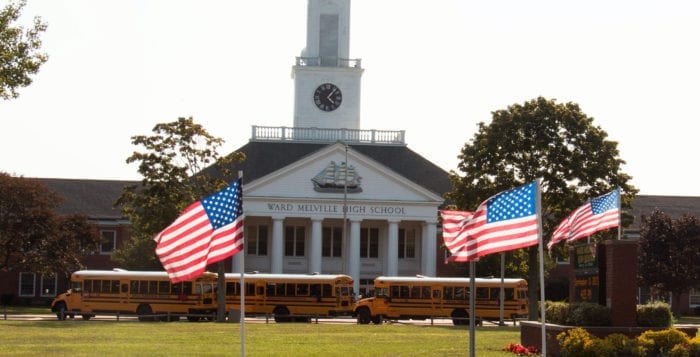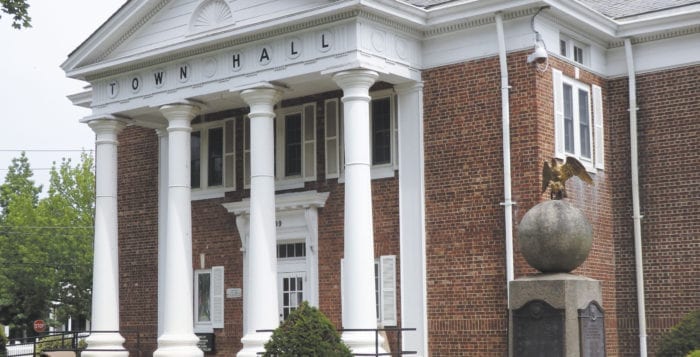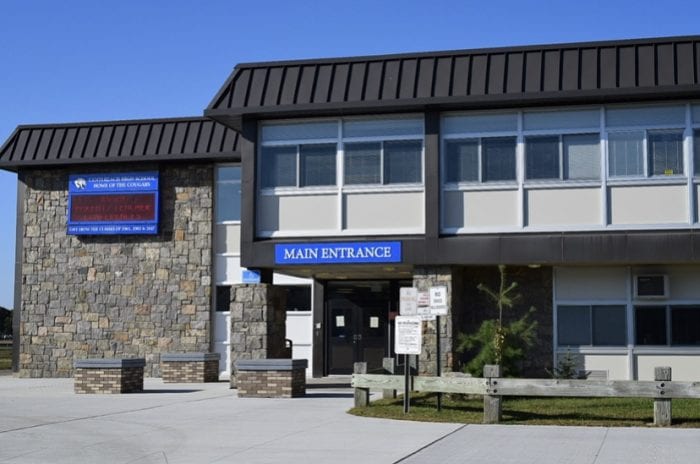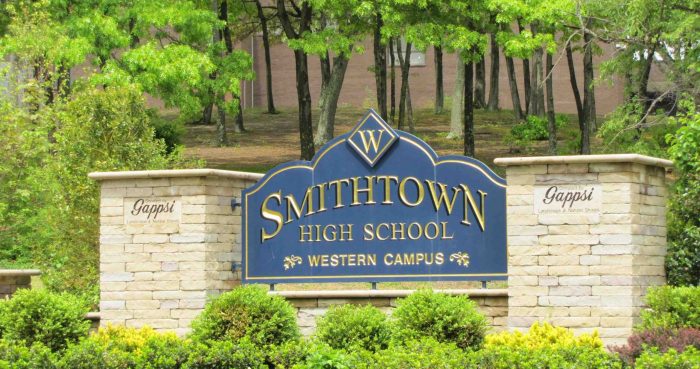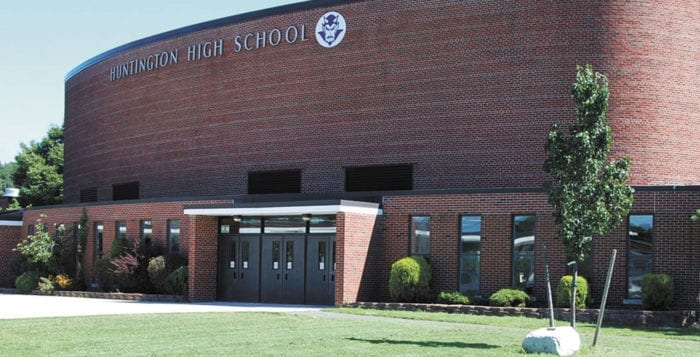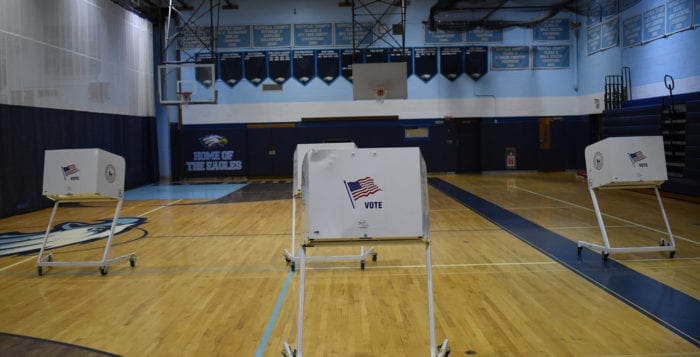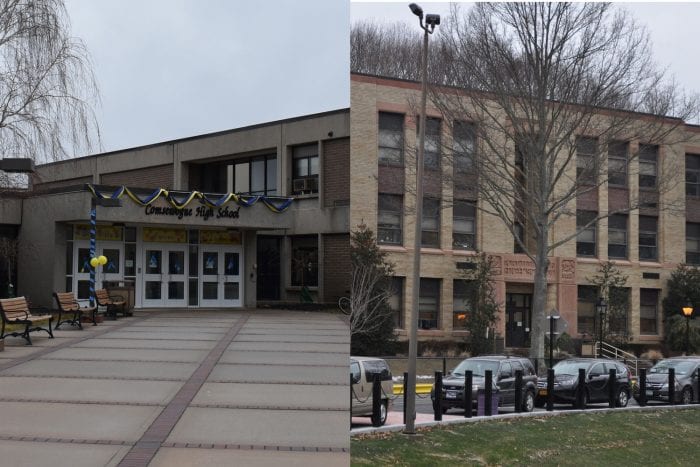By Andrea Paldy
While the Centers for Disease Control and Prevention was preparing to release its recommendations for the nation’s schools to safely reopen, the focus of the Three Village school board meeting Feb. 10 was on sustaining its in-person learning. Seating was limited in accordance with current distancing guidelines.
Even as parents and students expressed gratitude for the district’s September in-person reopening, there was general acknowledgment of the emotional and financial challenges associated with opening schools every day in the middle of a pandemic.
“It costs a lot of money but the message we had gotten going back to last summer was, ‘Do what you need to do to get our kids back to school and do it safely.’ And we’ve done that,” said Jeff Carlson, deputy superintendent for business services.
But there is a continuing cost. Carlson prepared residents for a 2021-22 budget that would pierce the cap on the tax levy increase. He said Three Village spent about $6.5 million in COVID-related expenses to support last fall’s reopening to all students who wanted to return in-person every day. The school district also provided fully remote instruction to students whose families requested it.
More than $4 million went to hiring more teachers to decrease class sizes so that classrooms would be less crowded, and students could maintain a distance of 6 feet, the deputy superintendent said. The attention to social distancing also meant that as the school year progressed, the New York State Department of Health did not require entire classes to quarantine when someone contracted the virus.
Funds also went toward paying for masks, janitorial staff, cleaning supplies, Chromebooks and desk barriers, Carlson said.
Next year’s budget anticipates similar costs to keep the same protections in place. Though the increase to the budget would be below 2 percent — 1.85 percent — it would exceed the district’s tax cap of 1.37 percent, Carlson said.
The deputy superintendent said the district was able to cover the expenses this year, in part, because Gov. Andrew Cuomo (D) signed a bill allowing school districts and local governments to transfer money from their reserve funds to their operating budgets to pay for pandemic-related expenses. He added that Three Village will have spent between $4 million and $5 million from its reserves, and in compliance with the bill will need to pay back the funds within five years.
In the coming year, the governor’s preliminary budget shows a small decrease in aid to the district. Additionally, Three Village will begin repaying about $800,000 to its reserves. Carlson said that these pandemic-related expenses, along with the usual increases in health insurance and employee retirement funds, also contractual increases, will make it impossible to put together a budget that stays within the cap.
Since the budget will be above the tax cap, it will need a supermajority — a vote of 60 percent in favor — to pass. The last time the district exceeded the cap was in 2012, the first year such caps were put in place. At that time, $1.95 million in cuts had to be made, because the budget was not approved by a supermajority.
“It’s a different time,” Carlson said of the upcoming budget. “We want to keep schools open. If not for COVID, we wouldn’t even be talking about this.”
Student life
At the same time that parents and students thanked the district for a full reopening, they also voiced frustration about some of the losses in the past year.
Speaking to the board about allowing spectators at sporting events, one parent noted that too much has already been taken away from students.
Superintendent Cheryl Pedisich assured parents that they have the support of the school district, which has registered a vote with Section XI in favor of allowing spectators at sporting events.
And while “school in person was a huge win,” said Jesse Behar, a Ward Melville senior and student representative to the school board, seniors are looking at lost milestones such as homecoming and Senior Day. They are also concerned about whether there will be a prom or “any modified in-person events,” as well as celebrations for students moving up from the sixth and ninth grades, Behar said.
“I feel positive you will make graduation happen, because last year, when many districts threw their hands up, you guys made graduation happen,” he said.
Pedisich responded to these concerns by saying, “We know that those are significant milestones for our seniors and also our ninth-graders moving up, as well as our sixth-graders. We are not giving up hope.”
She added that the governor’s pending approval in March of weddings of 150 people is a good sign and reason for optimism.
“We are looking at options that will make this as special as it can be for our seniors,” Pedisich said.

